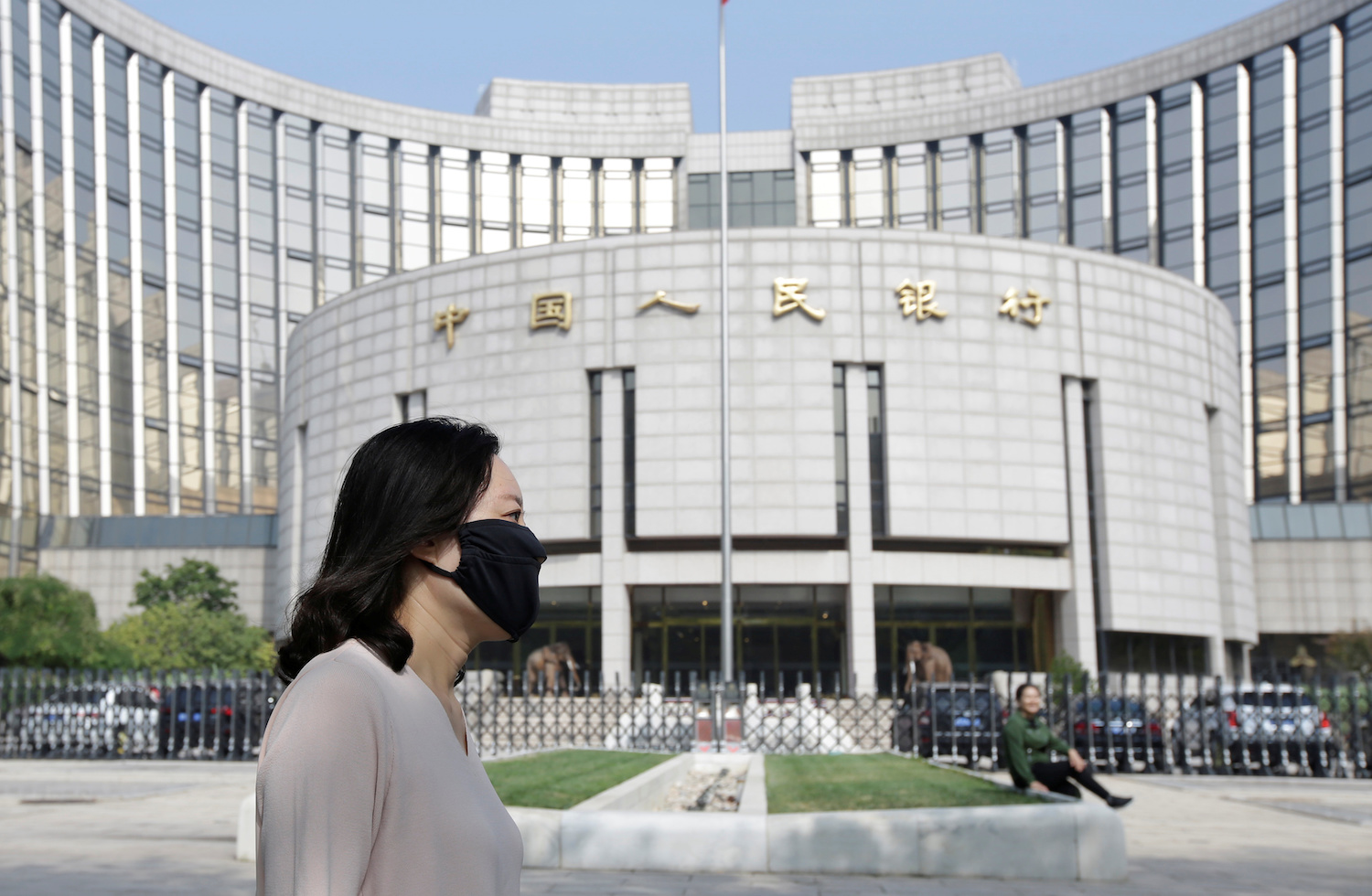(ATF) With China’s banking industry increasingly operating abroad and foreign banks moving into China, a top official in the country has said a new regulatory body should be set up to manage this more global banking structure.
China’s financial services will need to move from institutional supervision to functional oversight, in order to deal with the risks brought by foreign financial institutions operating in China, the official said. There is also concern about preventing risks from spreading between different financial institutions, forming systemic financial risks.
The impetus behind the proposed but as yet unnamed bureau stems from the need to improve the corporate governance of Chinese banks, at a time when foreign capital will bring advanced management experience to Chinese banks.
In the process of “inviting” foreign banks to operate in the country, China’s banking industry and regulatory agencies will also need to make ‘corresponding adjustments,’ Zong Liang, chief researcher of the Bank of China Research Institute said.
“At present, the scale of overseas assets of Chinese-funded banks has reached more than 10 trillion yuan (US$1.52 trillion), while they have more than 1,200 branches in more than 60 countries and regions,” Zong Liang said.
China Business reported these remarks, which were made during a presentation on China’s 14th Five-Year Plan, which starts in 2021.
‘Deeper opening up planned’
Zong said that proposals put forward to “implement wider, broader, and deeper opening up” and “building a new higher-level open economic system”, show China’s determination to further open up to the world. In recent years, the Chinese banking industry has achieved great results in both “going out” and “inviting in”, he added.
The foreign investment in Chinese banks has a profound impact on both the country of the investors and in China itself.
On one hand, foreign investment by Chinese banks will bring capital to emerging economies involved with the “Belt and Road Initiative” and help relevant countries improve their infrastructure.
On the other hand, overseas investment by Chinese banks will facilitate foreign investment and trade to finance Chinese businesses, helping to build a globalised and replaceable trade network, and indirectly promote smooth international operations. The overseas investment by Chinese banks helps them establish an international brand and image, he said.
In the future, Zong said Chinese banks should pay attention to the following points when carrying out overseas investment:
Firstly, optimise the structure and layout of overseas business, then gradually transfer this to more countries and regions, and strengthen distribution in regions along the “Belt and Road” areas. Banks will need to diversify their risks for operating overseas.
The second recommendation was to ‘adjust the structure’ of overseas employees. At present, employees who work overseas for Chinese banks are mainly overseas Chinese, which makes it difficult for them to open up local markets.
The third recommendation was to improve the service quality of Chinese banks’ overseas operations. At present, Chinese banks’ foreign operations are relatively simple, and they find it difficult to meet customers’ needs. These banks need to actively develop transaction banking business and use advanced technologies such as blockchain to help companies reduce trade financing costs and improve service levels, Zong said.
Growing business at home & abroad
Foreign banks have also shown a steady interest in the Chinese market. During the next five years, when the 14th Five-Year Plan will be implemented, China’s banking industry will continue to promote a two-way opening strategy to grow business at home and abroad. The door is opening wider and wider, Zong said, helping to build a new dual-cycle development pattern and creating high-quality economic development in China.
The opening up of China’s banking industry will bring huge markets and new opportunities globally.
With the rapid recovery of China’s economy from the epidemic, the financing needs of Chinese companies have created a huge market for large multinational banks. And the opening of China’s banking industry is conducive to the formation of a new business environment, while the regulatory rules and practices of China’s banking industry will gradually improve.
The two-way opening of China’s banking industry will also provide financial support for related industries. The opening up of China’s banking industry will be conducive to the introduction of overseas banking capital, and will support China’s domestic large-scale construction, China’s industrial and consumer upgrades, and provide financial support for China’s high-tech industries and top consumer industries.
























